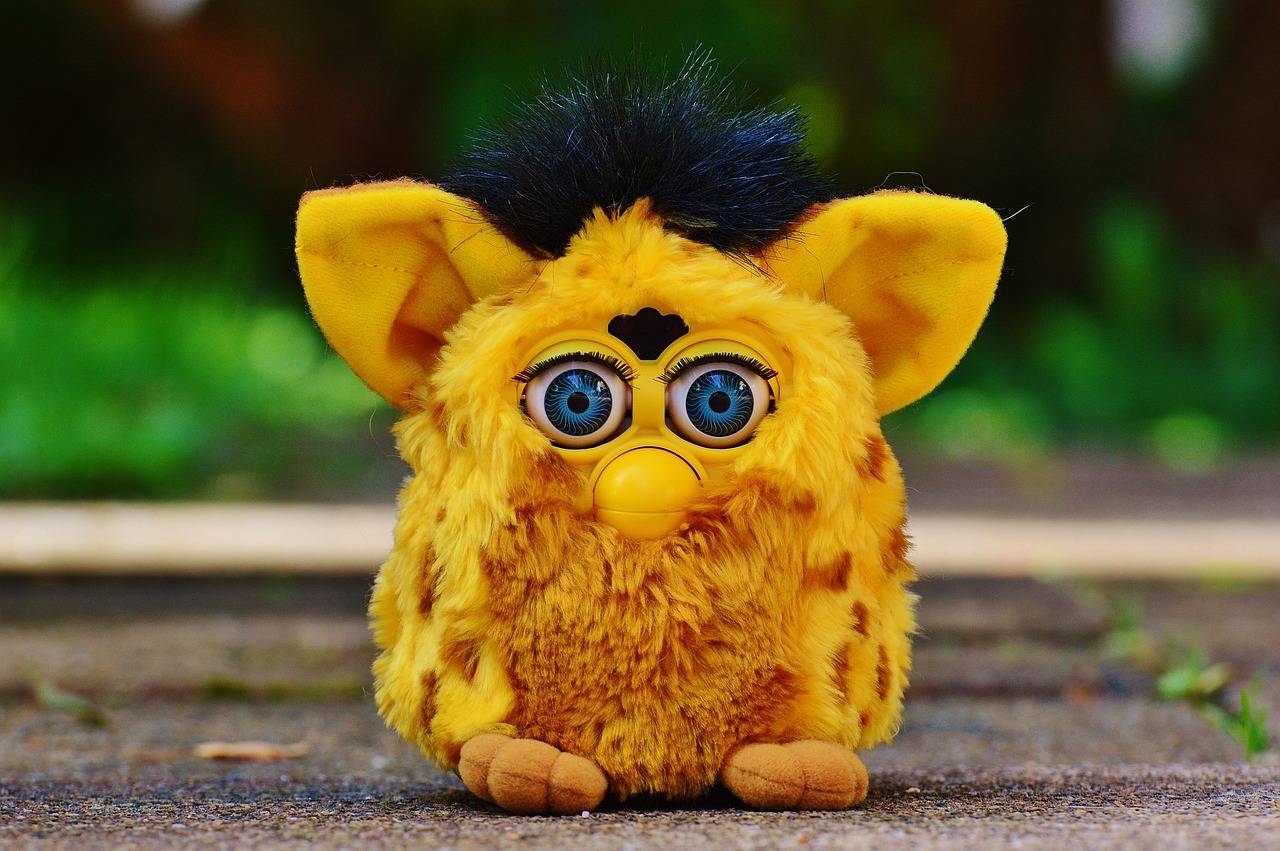The Role of Festivals in Preserving Indigenous Cultures and Traditions: Goldbet6, Tigerexch, Betbook247 app
goldbet6, tigerexch, betbook247 app: Festivals play a vital role in preserving indigenous cultures and traditions around the world. These celebrations serve as a platform for indigenous communities to showcase their unique practices, beliefs, art, music, and cuisine. They provide an opportunity for people to come together, share their heritage, and pass on their customs to future generations.
Why Festivals are Important for Indigenous Cultures and Traditions
1. Cultural Preservation: Festivals help to keep alive the traditions, languages, and customs of indigenous communities. Through performances, rituals, storytelling, and other activities, these events ensure that cultural practices are not forgotten.
2. Identity and Pride: Festivals provide a sense of pride and belonging for indigenous peoples. They serve as a reminder of who they are and where they come from, strengthening their connection to their heritage.
3. Education and Awareness: Festivals are also a way to educate the broader community about indigenous cultures. Through art exhibits, workshops, and demonstrations, attendees can learn about traditional practices and gain a better understanding of indigenous peoples’ way of life.
4. Economic Development: Festivals can be an important source of income for indigenous communities. They attract tourists, create opportunities for local artisans to sell their products, and stimulate the economy in the region.
5. Healing and Reconciliation: For communities that have experienced historical trauma and oppression, festivals can be a way to heal and reconcile with the past. They provide a space for healing ceremonies, discussions about the impact of colonization, and efforts to promote cultural revitalization.
6. Intergenerational Transmission: Festivals are essential for passing down cultural knowledge from one generation to the next. Children learn about their traditions through participation in the celebrations, ensuring that these customs are carried on into the future.
In conclusion, festivals are a powerful tool for preserving indigenous cultures and traditions. They play a crucial role in maintaining cultural identity, promoting awareness and understanding, generating economic opportunities, fostering healing and reconciliation, and ensuring the transmission of knowledge to future generations.
FAQs
Q: How do festivals contribute to the preservation of languages?
A: Festivals often include performances, storytelling, and songs in indigenous languages, helping to keep these languages alive and promoting their use among community members.
Q: Are festivals only about celebration, or do they serve other purposes as well?
A: While festivals are indeed a time of celebration, they also serve as educational tools, economic drivers, platforms for healing, and opportunities for intergenerational learning and cultural transmission.
Q: How can people outside of indigenous communities support these festivals?
A: People can support indigenous festivals by attending them, purchasing goods from local artisans, volunteering to help with organizing the event, and spreading awareness about the importance of indigenous cultures and traditions.







